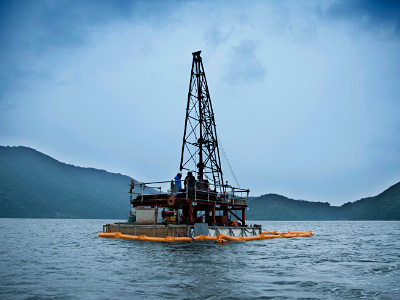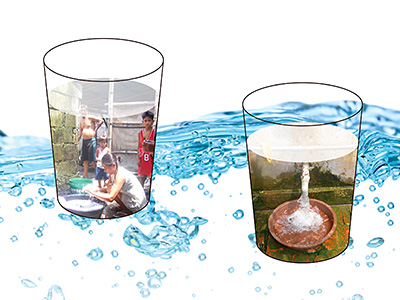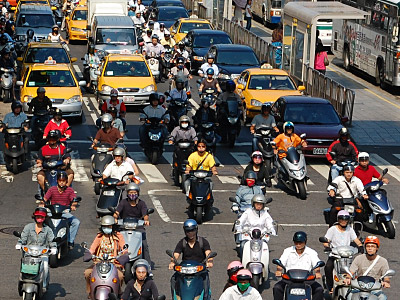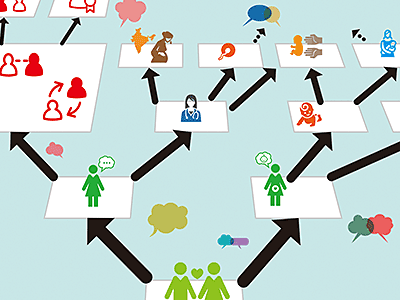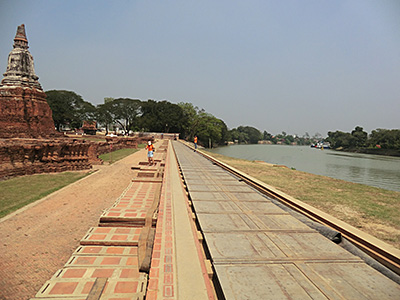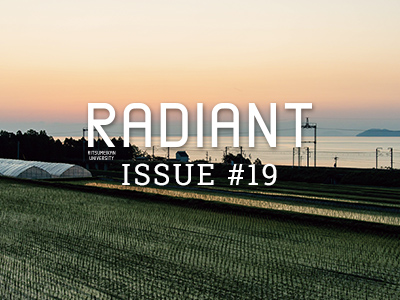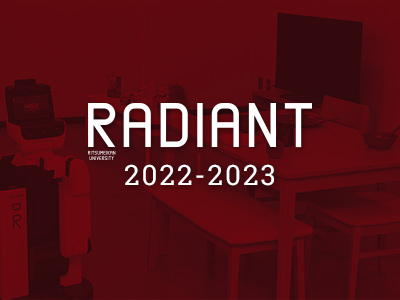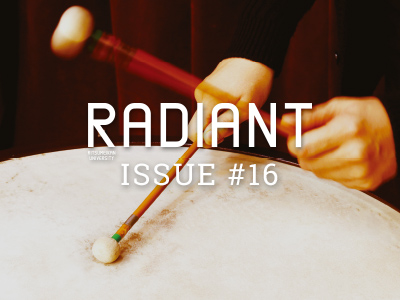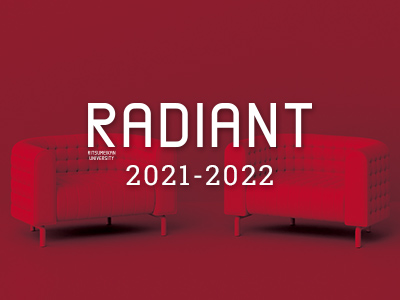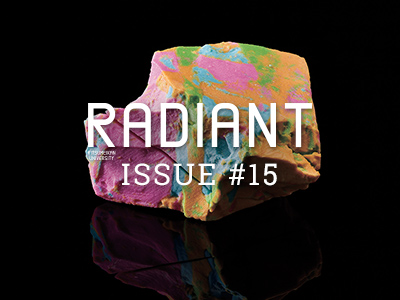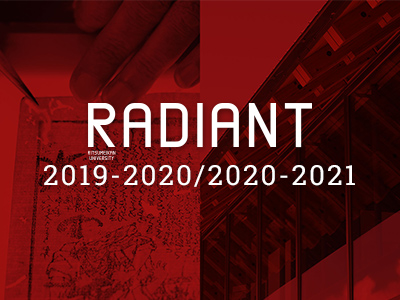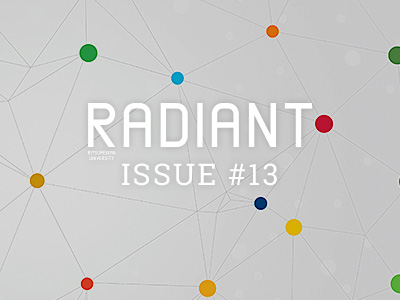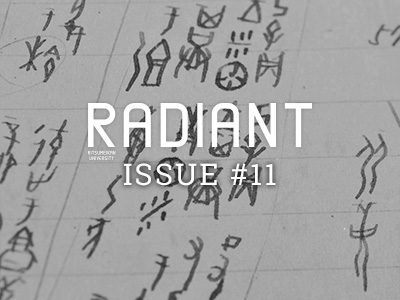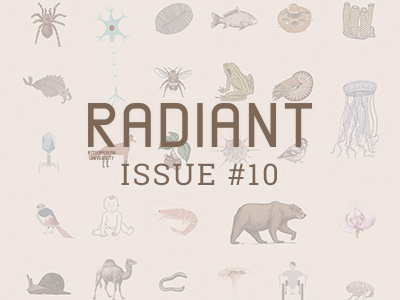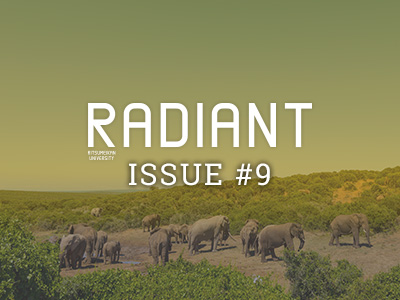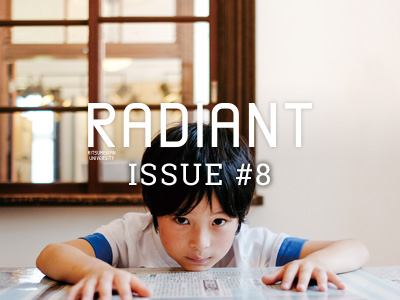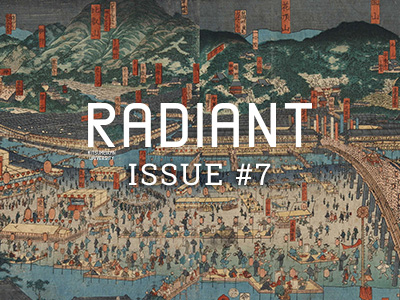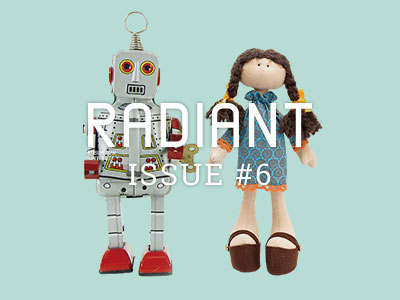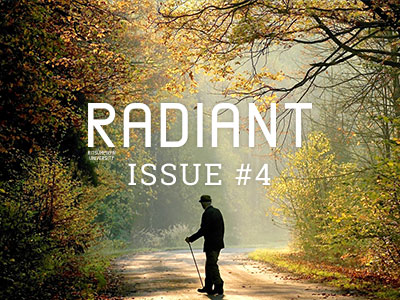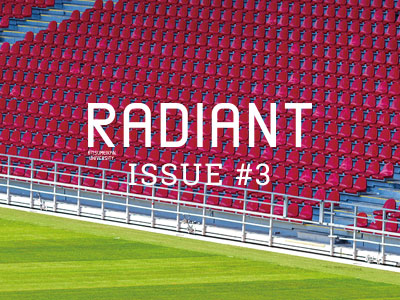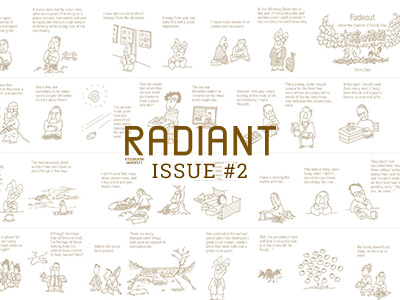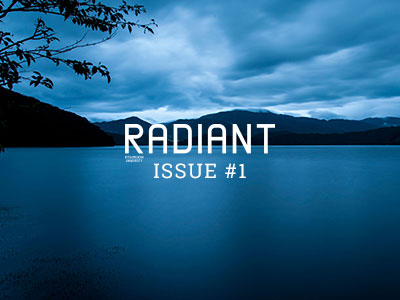STORY #3
Gaming Simulation for
visualizing decision making
at the time of a disaster
- Thailand
- Japan
Yusuke Toyoda
Associate Professor,
College of Policy Science
Experiencing a disaster in a virtual world can change the reality of disaster management
The large scale flooding in Thailand in 2011 covered the land with water for more than three months, causing serious damage. The Ayutthaya remains on Ayutthaya Island, a World Heritage Site, were no exception from receiving damage.
"Though measures had been taken to prevent the flooding on Ayutthaya Island at the time, it didn't escape flood damage," Yusuke Toyoda discloses. "The reason was that there was insufficient 'risk communication' among residents and between the residents and the government."
The city of Ayutthaya, which had experienced many great floods again and again, prepared for the 2011 flood by installing a temporary soil bank at a market along the river. However, due to the fact that it reduced the space available for the market, it negatively affected business there, and shop owners banded together to oppose the soil bank and then destroyed it. Ultimately, they agreed to build new banks, but it was too late, and before the new bank could sufficiently harden, water levels in the river had risen, which resulted in the embankment being breached. The cultural heritage site was submerged in water.
"The biggest challenge to taking actions against disasters like this is the fact that, although multiple factions with conflicting positions and interests exist, in reality only one course of action can be chosen," Toyoda says. "On Ayutthaya Island, the residents, the shop owners and the government all took action individually for their own benefit, which then created a conflict and brought about the worst possible situation." In particular, with top-down decision-making by the government, it was difficult to gain the residents' understanding. "That is the reason that 'risk communication' is indispensable for disaster management in local communities," Toyoda adds. It means that individual entities discuss risks through communication and then form agreements about appropriate responses to the risks.
With agreements, the measures to avoid or mitigate risks will provide an ability to take action.
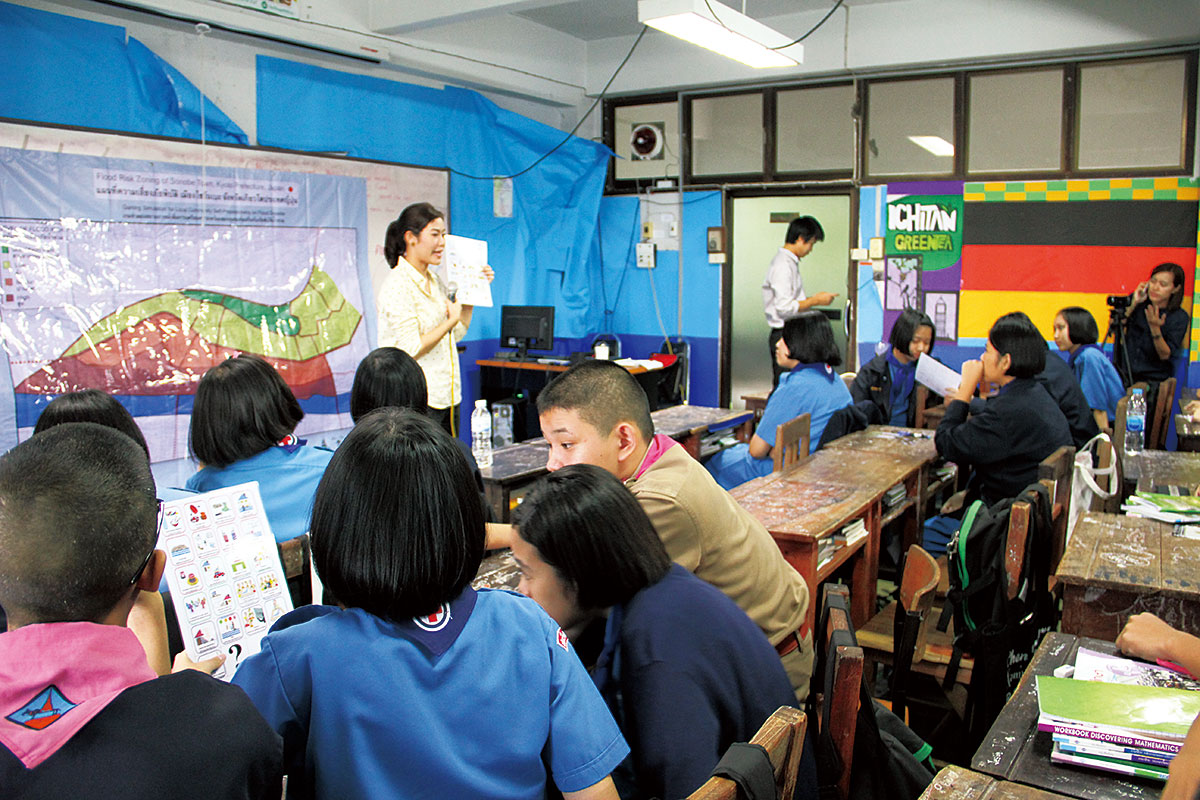
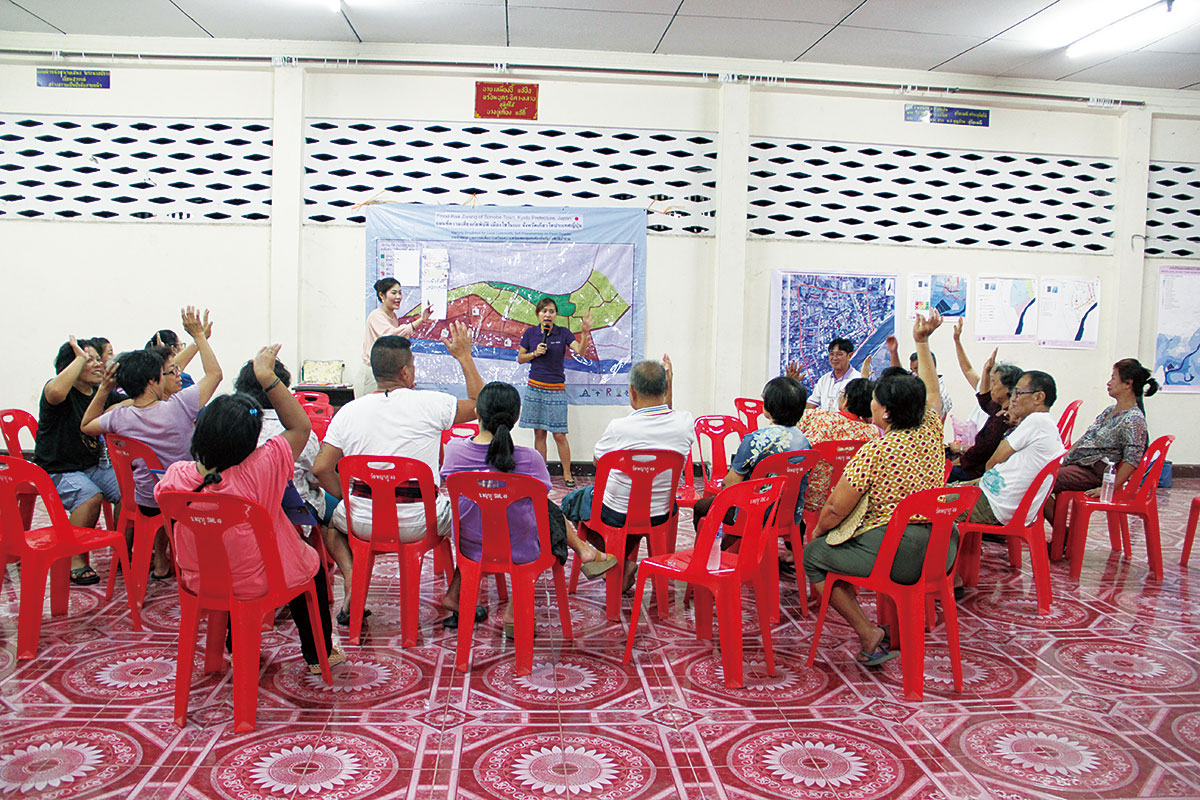
Gaming Simulation played at a Thailand university and in local communities. Raising the awareness of residents will be the best prescription to improve the ability to respond to a disaster.
As a good means of promoting this risk communication, Toyoda has presented his Gaming Simulation. Toyoda uses the Gaming Simulation for the development of a study tool in order to experience disasters in a virtual world and safely learn lessons from disasters. Currently, he is taking on the challenge of building a new Gaming Simulation using the 2011 Ayutthaya flood as base material.
Toyoda first conducted a survey on Ayutthaya Island in order to understand the situation at the time of the flood and estimated the economic losses each entity had to bear. He then extracted and modeled the necessary elements from the survey results and organized them in the form of a game.
The game Toyoda is developing features a mechanism to obtain the "lessons learned" and "realizations" from among the results of the judgments and actions made through the communication among the players. The game is designed to not only simulate the actions of multiple players, but to also simulate the communications and interactions among the players that will affect the processes and results of the disaster response taking place in the virtual world. For example, a player (who plays the role of a shop owner) and another player (who plays the role of the mayor) have discussions, mutually understanding their ideas and the risks, and then take actions for disaster management in order to escape the flooding. Or, if the negotiations break down, they will not take actions against the disaster, which then results in flooding and severe damage. In the game, players play different scenarios and finally look back at what judgments and actions they should have taken.
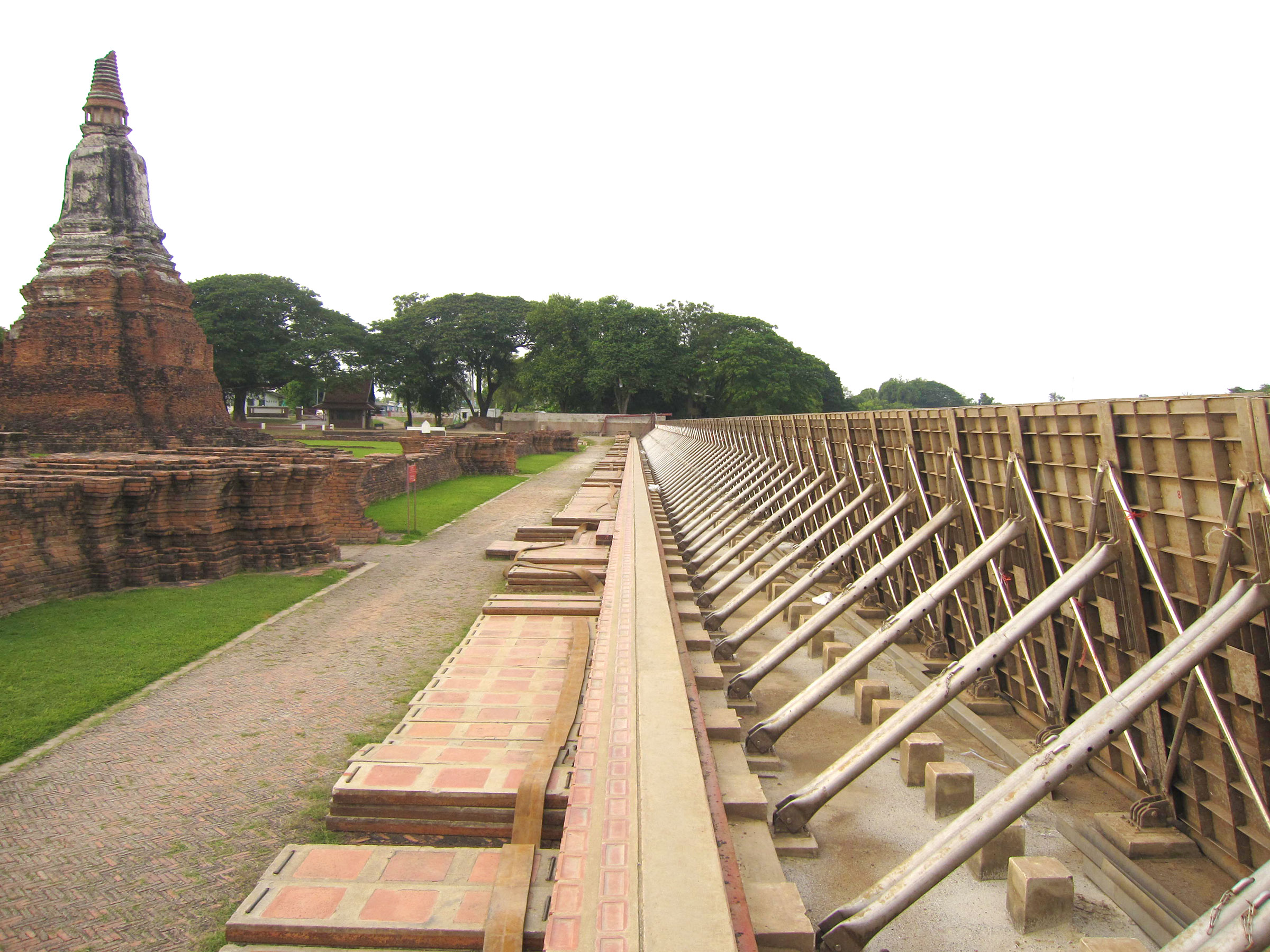
On the riverside of Ayutthaya, the World Heritage Site, there are "foldable" banks. In consideration of the landscape, the embankment is only raised during the rainy season.
"In addition to the fact that one can ’experience‘ mistakes not allowed in the real world, the game is advantageous in the sense that one can play a role in the game that is different from reality, one can understand the reasons for the judgments and actions taken by other parties," Toyoda says. When shop owners play the role of the mayor, they are able to understand why the mayor had decided to destroy a part of the market to build a bank. "In the game, mutual understanding among the residents and between the residents and government is promoted, while residents start to consider disaster management in their community on their own," Toyoda adds. "I believe this will lead to an improvement in the ability to respond to disasters more so than passive participation in regular disaster mitigation drills would."
It is only natural that when a disaster occurs the priority given to cultural assets will be lower than that given to humans. What makes a breakthrough is nothing but the residents' voluntary awareness and action. The Gaming Simulation under development using Ayutthaya Island as base subject will become applicable to Kyoto, which similarly has numerous World Heritages Sites, and also for other cities around the world.
Toyoda has also contributed to the study of the conflicts and development of the developing world. "Common to disaster management, conflicts and development is the point that the sharing of thoughts and the creation of harmony via communication between the people in local communities and the government has a very important meaning," Toyoda says.
"Our study of Ayutthaya Island is all connected to this."
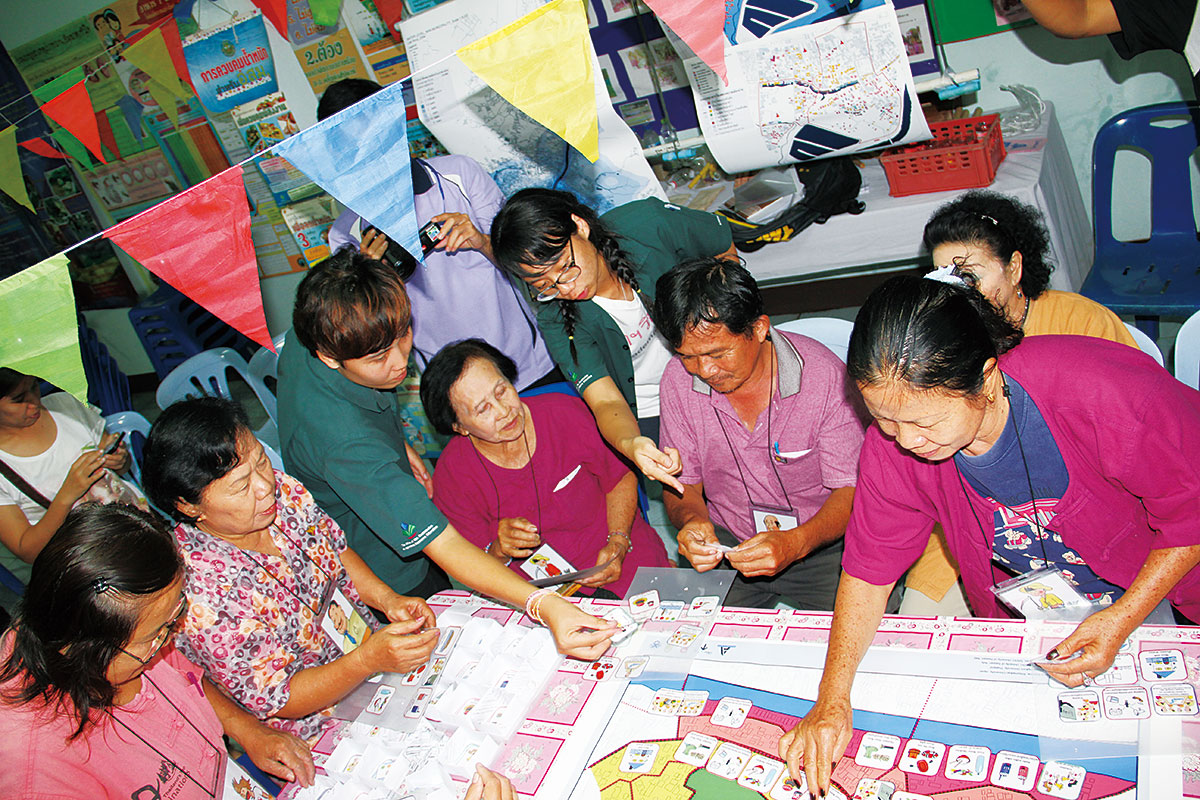
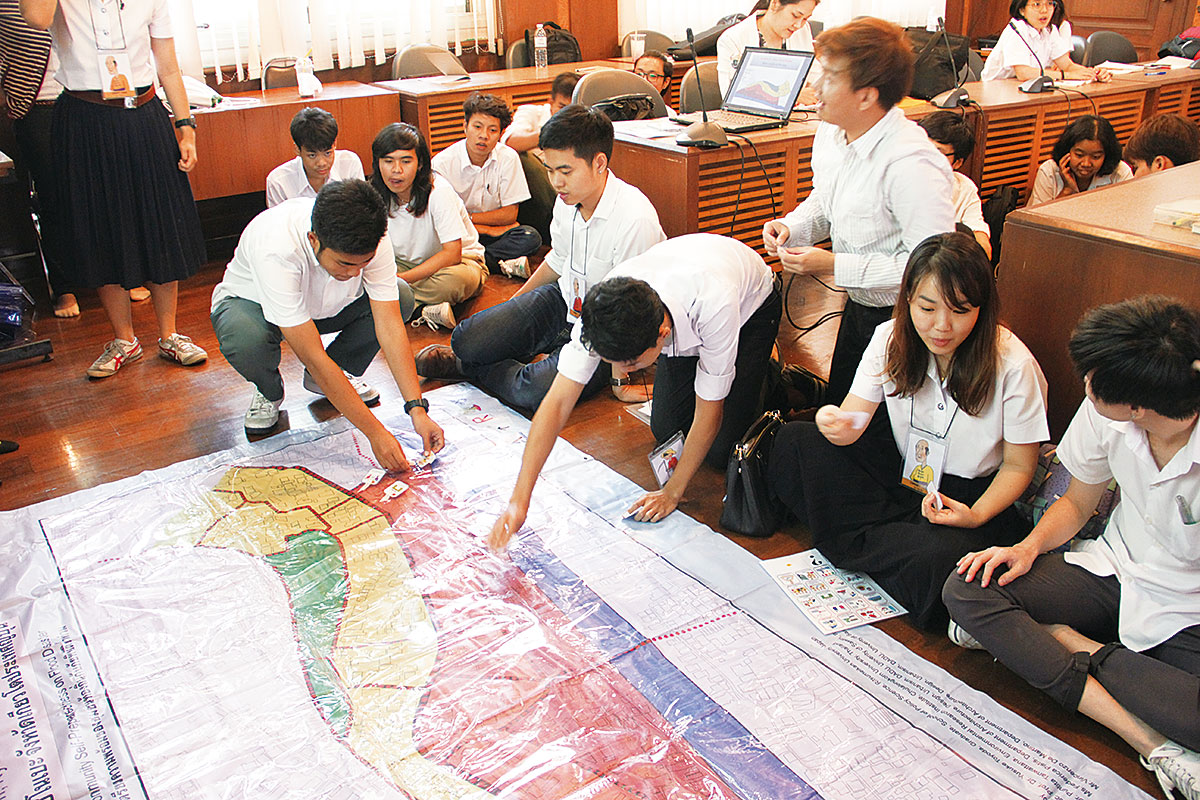
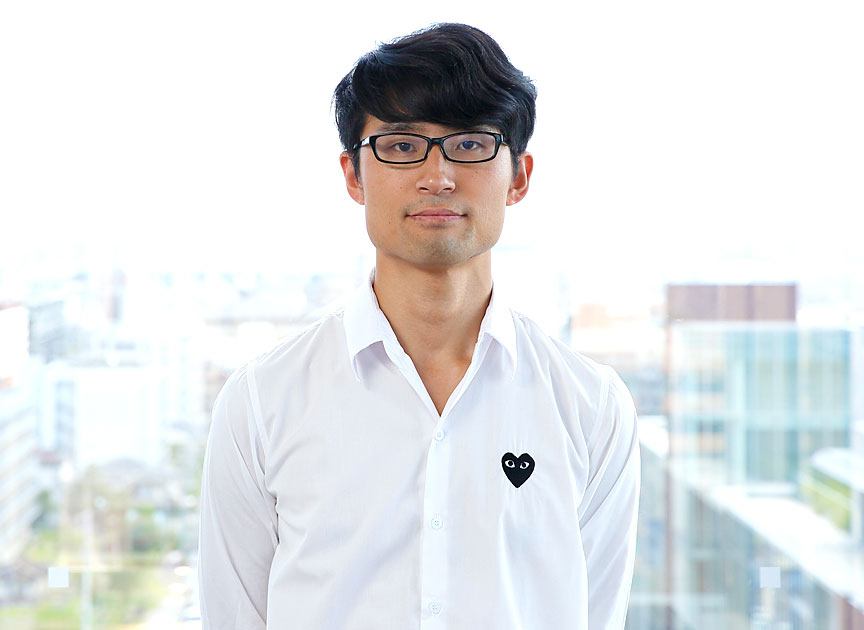
Yusuke Toyoda
Associate Professor,
College of Policy Science
Subject of Research: Developing a Decision-Making Methodology for Finding Acceptable Solutions against Disaster by Local Residents
Research Keywords: Social systems engineering, Natural disaster / Disaster prevention science, Social psychology, Experimental psychology

